Here at the Palladium, we’re especially proud of our Creative Fellowship program. Started during the pandemic in 2020, the Palladium supports the creative work for top Tampa Bay performers with direct stipend, show payment and wrap around marketing services that total almost $10,000 per artist.
Ona Kirei is part of the second class of Palladium Creative Fellows. As part of the program, fellows create and perform a show. Ona’s Full, New Luna, a special performance on Sunday, Oct. 22, is her fellowship offering.
For tickets and information about this show on 10-22 at 6 p.m. in Hough Hall, please follow this link.
Kurt Loft, writing for Creative Pinellas, interviewed Ona in advance of this Sunday’s show. His story appears below, and can also be found at this link.
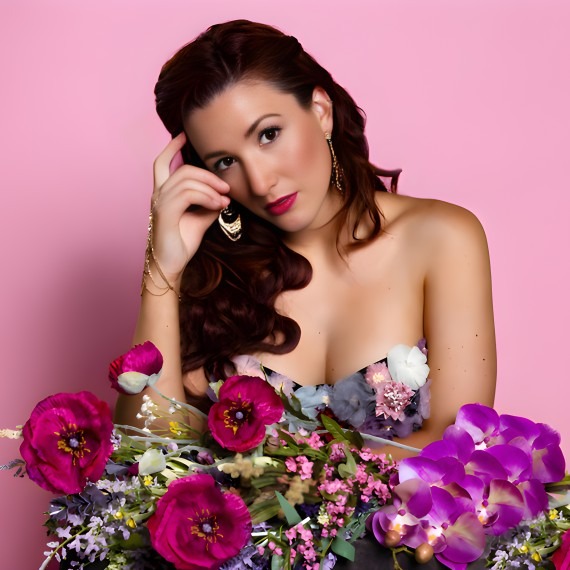
A Moon Full of Song
Ona Kirei, the Spanish-born singer and songwriter now living in St. Pete, offers a live performance of music from her new recording.
By Kurt Loft/Creative Pinellas
Hearing freshly composed music for the first time, be it a song or a symphony, puts the listener in the rarefied position to judge without reference points or someone else’s opinion. A premiere is, after all, a form of artistic childbirth, and from there it either will mature and flourish or be forgotten.
Ona Kirei has no intention of being forgotten. Her latest album, Full, New Luna, kicks off in a live performance Sunday Oct. 22 and listeners can hear, see and feel the music as Kirei sets it in motion on stage at the Palladium Theater.
Some of you remember the vocalist and composer, who moved from Spain to St. Petersburg in 2017, through her recording Mirage, and her Palladium concert This Bird Has Flown: A Jazz Tribute to the Beatles. Now armed with a dozen new songs ready to take flight both live and recorded, Kirei feels empowered. So, we asked about her latest project, the concert and life as a musician.
Q. Tell us about this new collection of music, and what inspired it?
A. You can expect a meaningful music experience that will make you connect, hopefully, with the beauty of being human. I created Full, New, Luna with the intention of making the listener feel and be present. There’s too much out there to distract us from ourselves. So, I create music from a very different place.
Q. How does it differ from your past work, and why did you choose the title?
A. Creating Full, New, Luna is one of the most authentic things I’ve done. On one hand, the moon (Luna) represents the feminine and its cycles. I chose Luna instead of moon because my mother tongue is Spanish and I feel a strong connection with it. When I look at the night sky and I see her, Luna is what I say in my mind. And that leads to the bilingual concept of the album. I am a proud and grateful immigrant.
Q. Can music be feminine or masculine?
A. I think it totally can. I believe feminine and masculine energies are different. We do things differently, feel differently, process information differently. This might be a little polemic, but I believe that women are mothers, whether we have children or we choose not to, or we can’t. We love in a different way. And music is love. I also believe the feminine creates community.
Q. You have said before that people need to have a deeper conversation about this.
A. I feel that female cycles and the wisdom that comes with them are completely undervalued in the modern world we have created. It’s like our bodies are a small representation of the cycles of nature, and there’s great power in them that we are taught to ignore. Realizing that has been extremely healing for me as a woman, both physically and mentally, and I would like for all of us to start this conversation.
Q. Your background is a blend of classical and jazz. Do you try to combine these styles, and if so, how?
A. Bringing the string quartet to the game has allowed me to express the classical side of me that was not properly expressed before, but I blend it with all the other parts of me. I’m also happy that I have allowed myself to be a song writer and not focus so much on the structures of jazz, but to respect first and foremost the story behind every song.
Q. How do you compose? At the piano? Do words or music come first?
A. Every song has its own story and is born in a different way. Two of the songs on the album were born in therapy, and another was born at night with a beautiful full moon, with me staring at the sky and running to the piano right afterward. It generally comes as a combined idea of some words and either a melody or some harmonic idea. But after the first spark, I compose at the piano.
The process has a lot to do with meditation. I’ll start writing, trying to be faithful to what I’m listening to in my head. When I get distracted, I start having too many thoughts, so I close my eyes, focus on my breath, and allow myself sometime to go back to the listening.
Q. You moved from Barcelona to St. Pete. Was there a cultural adjustment?
A. The most challenging things for me have been the way that people communicate, less openly than in Spain, and the driving everywhere instead of walking! When I go back to Spain I have reverse shock about other things, and I feel I’m from nowhere and from everywhere at the same time. But overall, I feel like my mind has opened a lot and I’ve learned so much from all the different perspectives of the places I’ve been to.
Ona Kirei
Sunday, Oct. 22, 6 p.m.
The Palladium Theater, 253 Fifth Ave. N., St. Petersburg
Tickets: $25-$50

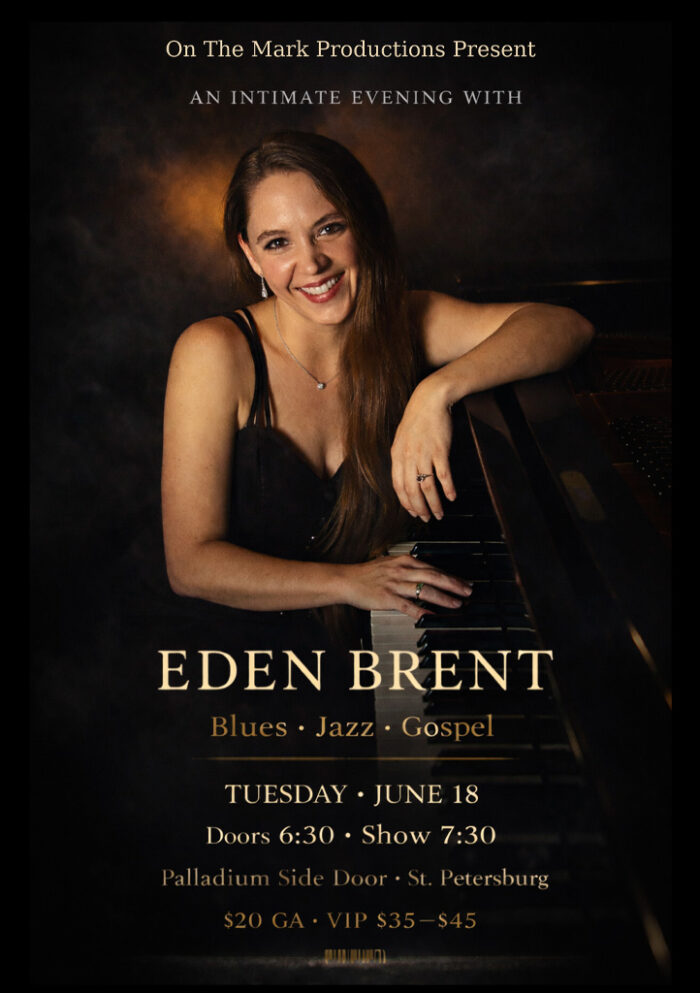
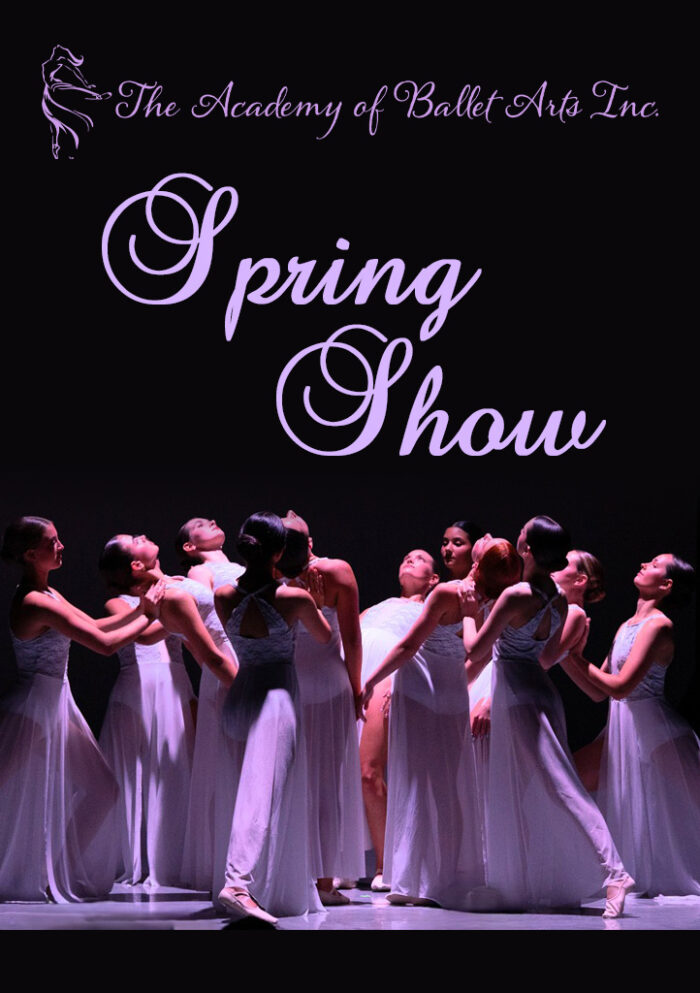
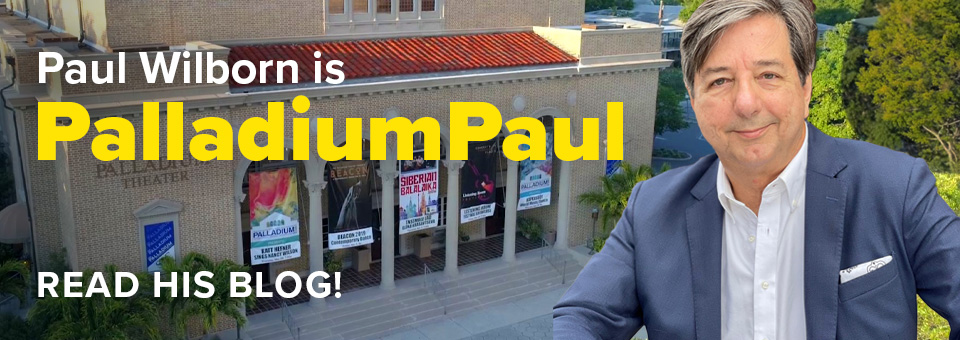
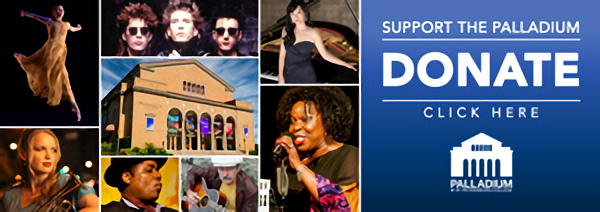

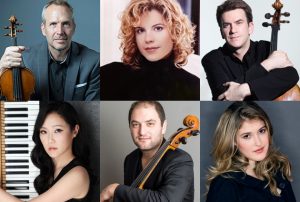
Leave a Reply